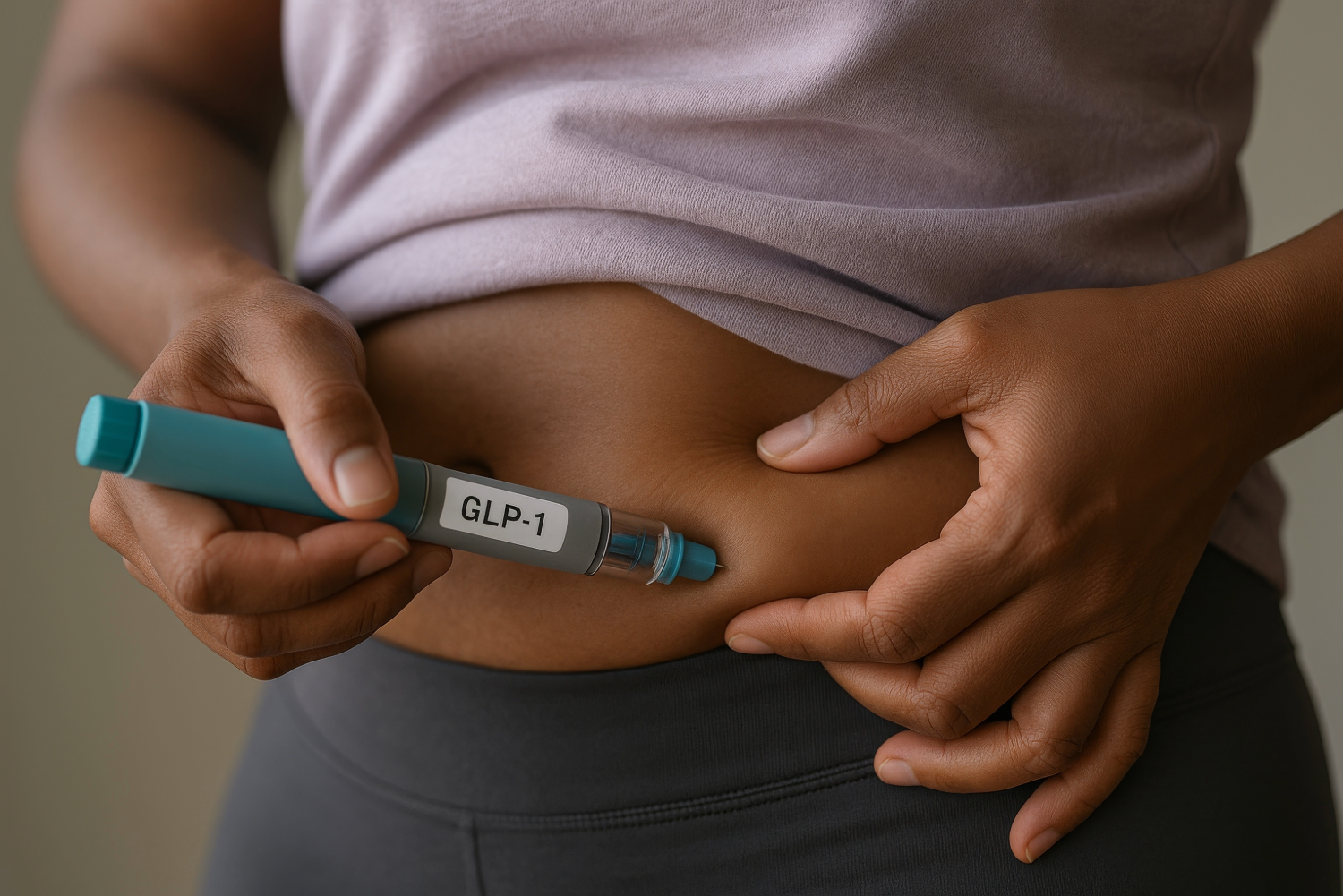News
Ask an Expert
Question: I LOVE RUNNING BUT I'M STARTING TO GET PRETTY BEAT UP. DO YOU RECOMMEND A CERTAIN AMOUNT OF MILES PER WEEK FOR A RECREATIONAL RUNNER?
Answer: This is always a challenging question to answer especially when working with avid runners! There is not a hard and fast number of weekly miles that applies to all individuals regarding the point at which an overuse injury may occur. Through my nearly 20 years of experience I have appreciated an increase in overuse-type injuries when recreational runners get beyond about 20 miles per week. The benefits of regular aerobic exercise are too many to list and here in the Vail Valley we have a community dedicated to physical activity and fitness which I absolutely support!
The key to avoidance of overuse injuries is cross training. Strive to achieve a balance between stretching strengthening aerobic workouts and interval-type training. Many athletes find success by incorporating a number of different workout routines such as: swimming laps cycling weight training running and tennis or racquetball for example. By allowing the body to heal between repetitive stress decreases the likelihood of suffering an overuse injury.
Over the years of taking care of many runners' knees I have appreciated that once an individual does have that first substantial injury they are significantly more predisposed to additional knee problems. For example once a runner has a meniscus tear the knee is at a much higher risk of re-tearing the meniscus with continued extended mileage running. We tend to counsel our runners more towards cross training activities once they have experienced that initial knee injury. Until then we don't limit them!
William Sterett MD
Vail-Summit Orthopaedics Surgeon and Women's US Ski Team Head Physician
www.vsortho.com
Question: I'M SICK OF WEARING MY GLASSES. HOW CAN I SEE WITHOUT THEM AND HOW DOES LIVING AT ELEVATION IMPACT THOSE OPTIONS?
Answer: The goal for all of my surgical patients is to get them as independent or free from glasses as possible for as many of their tasks as possible: distance sports computer and reading vision. For patients under age 43 LASIK can solve it all. As this person ages reading vision will require over the counter reading glasses. We can however work around the reading vision problem as well by using LASIK to correct the patient's dominant eye for distance and their other eye for reading. We refer to this strategy of vision correction as monovision.
As patients age cataract surgery becomes the next frontier with wonderful high-technology options. Multifocal intraocular lenses can be implanted at the time of cataract surgery which provide distance intermediate and reading vision correction.
Living at elevation causes more problems with dry eyes which makes contact lens wear more difficult. The increased ultraviolet radiation also causes cataracts to occur at a younger age than at sea level.
Matthew Ehrlich M.D
Eye Center of the Rockies
www.eyecenterrockies.com
Question: WHENEVER I COME UP TO THE MOUNTAINS I DON'T SLEEP WELL ANY ADVICE?
Answer: The reason you don't sleep well may be associated with low oxygen levels at high altitude. Some suggestions that may help you sleep better are:
- Avoid alcohol for at least the first 24 hours and longer if poor sleep continues.
- Keep hydrated drinking plenty of water.
- Coming from sea level to a much higher altitude can be a shock to the body. Spending even one day acclimating at an intermediate elevation may be helpful.
- Eating regular meals with extra carbs may help. Sometimes low flow oxygen may be prescribed to help with sleep and/or high altitude sickness.
In some cases a sleep study may be helpful in diagnosing and treating sleep problems associated with altitude. For more information contact the Cardiopulmonary Department (970) 479-7218 at Vail Valley Medical Center.
David W. Everett BS RRT RPSGT RPFT
Mobile Sleep Services Inc (a contracted service of Vail Valley Medical Center)
More News
-
New!
More

The Heart of It All: How Cardiovascular Health Shapes Longevity
Most of us know a healthy heart will increase our chances for a long and vital life, but how many of us truly understand how to live for a healthy heart? According to the American Heart Association, heart disease remains the number one cause of death, for both men and women, in the United States.
-
New!
More

GLP-1s and Your Health Journey: What You Need to Know
Interest in GLP-1 agonist medications, once used almost exclusively for diabetes, is soaring. Now widely referred to as weight loss injections, drugs like semaglutide (Ozempic, Wegovy) and tirzepatide (Mounjaro, Zepbound) are ubiquitous in celebrity chatter, social media and everyday patient conversations. But as demand grows, it’s increasingly important to separate hype from reality. Who qualifies for these drugs under FDA guidelines? When are they helpful? And when might carefully supported lifestyle changes offer a safer or more sustainable path?
-
New!
More

Back on the Slopes: How to Recover Physically and Mentally After a Ski or Snowboard Injury
Living in a ski town, injury is inevitable. Recovery isn’t just about regaining strength, it’s about building trust in your body. The best path back to skiing blends physical training with mental conditioning, patience with persistence. With the expert teams at Vail Health - from Howard Head Sports Medicine to Vail Health Behavioral Health - recovery is more than healing; it’s coming back stronger, smarter and more confident than before.





